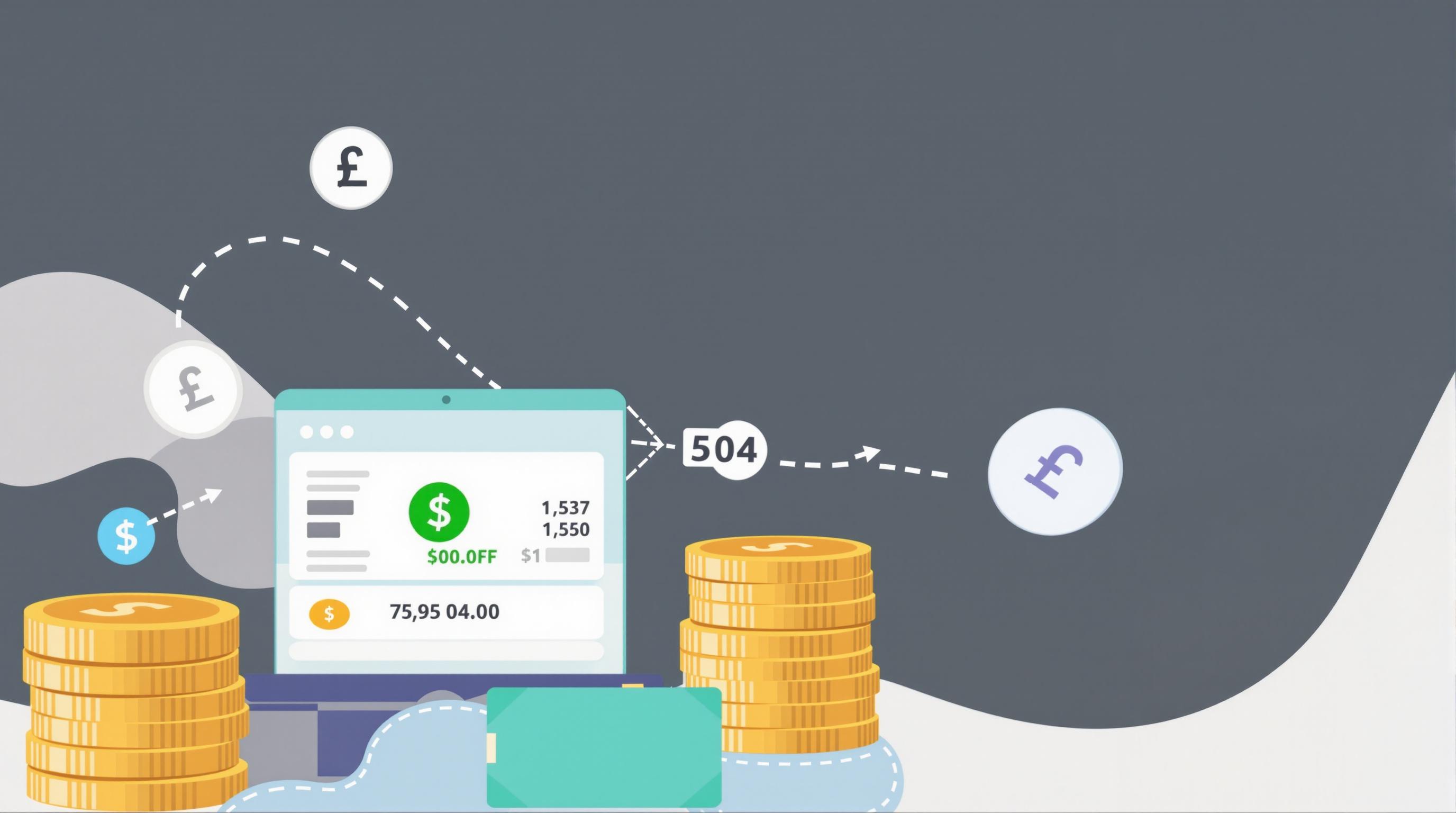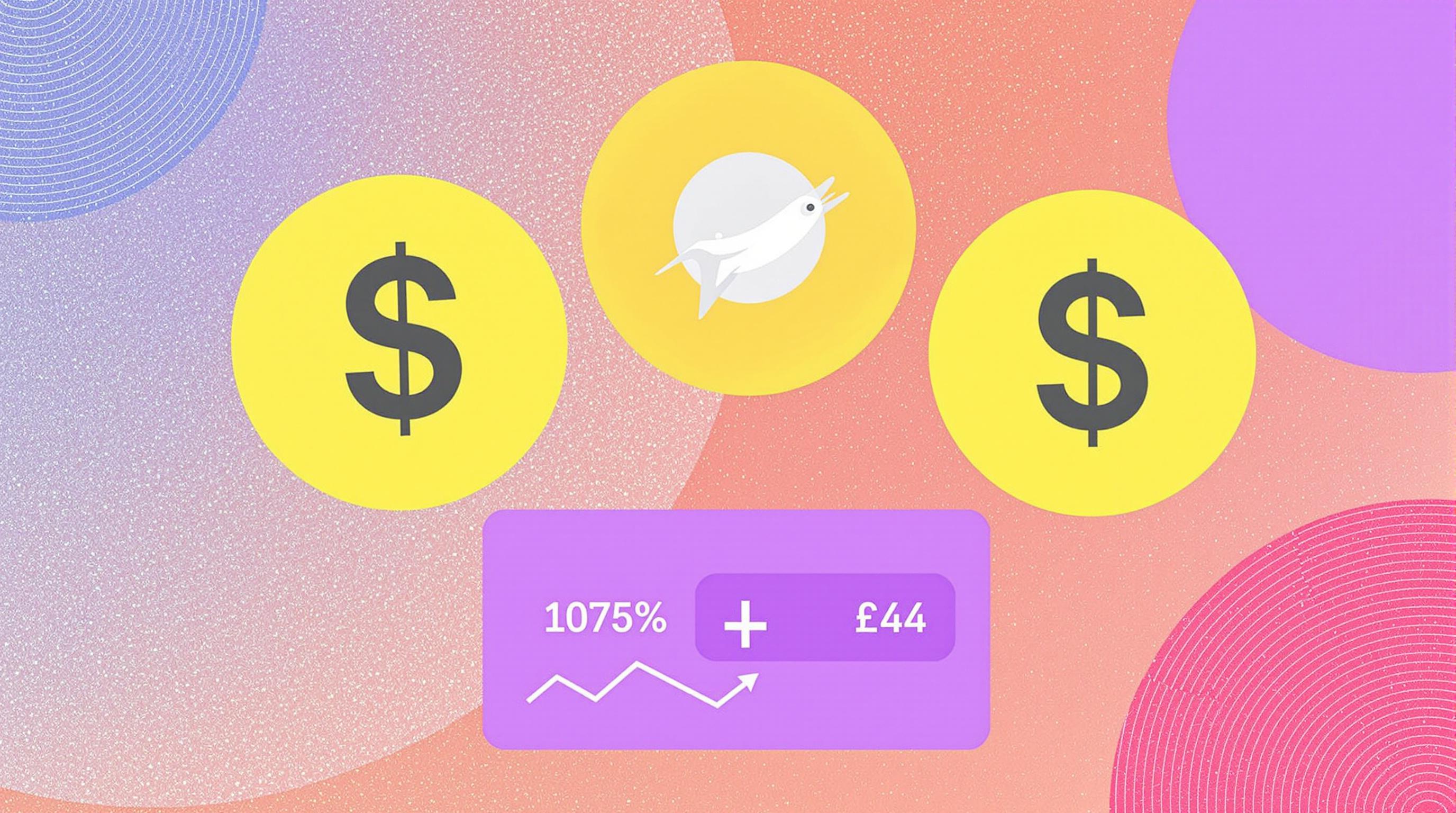Related Articles
- When Creditors Turn Aggressive: Navigating the Legal Gray Zones of Unconventional Debt Collection Practices
- Top 7 Innovative Credit Tracking Apps From the Past Five Years That Are Redefining Financial Control
- How Shifting Debt Across Cards Influences Consumer Behavior Patterns Few Analysts Ever Consider
- Top 5 Lesser-Known Debt Management Apps From the Last 5 Years That Actually Outperform Classic Snowball Methods
- Unlocking the Quiet Power of Micro-Investments in Alternative Assets to Shift Your Financial Reputation Gradually
- 7 Revolutionary Secured Loan Solutions Debuting Since 2019 That Tackle Risk Differently and Boost Borrower Confidence
Top 7 Innovative Solutions Launched Since 2019 Transforming Personal Finance Management in Debt Payoff
Top 7 Innovative Solutions Launched Since 2019 Transforming Personal Finance Management in Debt Payoff
Top 7 Innovative Solutions Launched Since 2019 Transforming Personal Finance Management in Debt Payoff
1. AI-Powered Debt Management Platforms
Since 2019, AI technology has revolutionized personal finance management by enabling smarter, tailor-made debt payoff strategies. Platforms like Tally and Qoins use machine learning algorithms to analyze users’ spending habits, income, and debts, providing personalized payoff plans. This automation reduces the mental load on users, making debt management less daunting.
For instance, Tally automates credit card payments by prioritizing high-interest debts first, while Qoins rounds up spare change or extra payments towards loans and credit card bills. These solutions leverage predictive analytics to improve payoff timelines. Such innovations bring a proactive approach compared to traditional methods that often leave consumers overwhelmed.
By offering customized insights and automated actions, AI-powered debt management tools empower users to accelerate payoff while preventing penalties or missed payments. According to a 2021 report by Finextra, these platforms have improved debt reduction rates by up to 30% among active users, highlighting significant real-world benefits.
2. Gamified Debt Payoff Apps
Gamification has emerged as a powerful motivator in transforming debt payoff strategies. Since 2019, apps like Long Game and YNAB (You Need A Budget) began integrating game elements such as rewards, levels, and community challenges to encourage consistent payments and budgeting discipline.
Long Game, for example, lets users earn coins towards cash prizes when they meet monthly debt repayment goals, turning financial responsibility into an engaging activity. This taps into behavioral psychology by making payoff progress visible and rewarding positive habits. Similarly, YNAB’s educational challenges build budgeting skills that indirectly boost debt reduction success.
Studies referenced by the Behavioral Science & Policy Association indicate that gamification in financial apps increases user retention by over 40%, contributing to steadier payoff routines. By making debt management less stressful and more interactive, gamified apps are reshaping personal finance culture.
3. Subscription-Based Financial Coaching Services
Another innovative trend since 2019 is the rise of affordable subscription financial coaching services like Savology and Clever Girl Finance. These platforms combine expert advice with digital tools, offering tailored debt management plans, ongoing support, and educational resources.
Unlike traditional one-time consulting, subscription models provide continuous guidance that adapts as clients’ financial circumstances evolve. Savology users receive customized debt payoff roadmaps based on budgeting assessments and goal setting. This flexibility helps users stay accountable and adjust strategies to optimize results.
The accessibility of monthly coaching has democratized financial advice, breaking barriers to expert support. According to a 2022 Consumer Financial Protection Bureau (CFPB) analysis, users of these services report higher confidence in managing debt and an average acceleration of payoff timelines by six months, reflecting tangible impact.
4. Blockchain-Enabled Transparent Debt Platforms
Blockchain technology has recently expanded into debt management by increasing transparency and security for borrowers and lenders. Platforms like Salt Lending utilize blockchain to create verifiable and immutable profiles for users’ debts and repayment history since 2019.
This innovation reduces information asymmetry that often disadvantages borrowers in negotiating lower interest rates or refinancing options. Transparent transaction records on decentralized ledgers also mitigate fraud risks and build creditworthiness.
The World Bank’s 2020 Financial Inclusion Report highlights blockchain-based solutions’ potential to reshape personal lending markets, especially for underserved populations. By fostering trust and openness, these platforms facilitate better negotiation of debt payoff terms and foster empowerment through verified reputation.
5. Integrated Banking and Debt Payoff Ecosystems
Personal finance management has been streamlined by emerging ecosystems that integrate banking services directly with debt payoff tools. Companies like Varo Bank and Chime have launched features since 2019 allowing users to allocate funds automatically towards debt through their checking accounts.
This integration removes friction by embedding payoff actions within everyday banking, avoiding the need for manual transfers or third-party app navigation. For example, Chime’s “Save When You Get Paid” feature rounds up deposits to boost debt payments efficiently.
According to JPMorgan Chase’s 2021 Consumer Report, such seamless workflows significantly increase payment consistency and reduce late fees. By embedding debt payoff into core financial routines, integrated ecosystems offer an indispensable convenience that propels personal finance forward.
6. Voice-Activated Financial Assistants
The advent of voice technology has added a new layer of accessibility to personal finance management. Since 2019, platforms like Google Assistant and Amazon Alexa have enhanced capabilities allowing users to check debt balances, schedule payments, and receive tailored payoff tips using simple voice commands.
This hands-free approach particularly benefits busy or visually impaired users by simplifying complex debt tasks into conversational interactions. For example, Alexa’s skill integrations with apps like Mint provide real-time updates on debt status and reminders, making engagement effortless.
Research from the University of Cambridge in 2022 found that voice-activated finance management boosts user engagement by 25%, improving debt monitoring and timely payments. This technology is steadily becoming a practical addition to financial wellness toolkits.
7. Peer-to-Peer Lending and Community-Based Debt Payoff Networks
Peer-to-peer (P2P) lending platforms have broadened access to affordable debt refinancing options, while newer community-based debt payoff networks have emerged since 2019, leveraging social accountability and collective progress.
Companies like Upstart and LendingClub use AI-driven credit assessment to offer competitive loans helping users consolidate high-interest debt. Meanwhile, debt payoff communities such as DebtFreeGuys utilize online forums and support groups to share payoff strategies and motivate consistent effort.
Studies by the National Endowment for Financial Education indicate that social support combined with easier refinancing options improves payoff success rates by up to 35%. These innovations foster both financial and emotional resilience necessary for overcoming debt challenges.
Sources
Finextra, “AI in Personal Finance Report”, 2021
Behavioral Science & Policy Association, “Gamification and Financial Wellness”, 2020
Consumer Financial Protection Bureau, “Subscription Coaching Impact Analysis”, 2022
World Bank, “Blockchain and Financial Inclusion”, 2020
JPMorgan Chase, “Consumer Finance Trends Study”, 2021
University of Cambridge, “Voice Technology User Engagement Research”, 2022
National Endowment for Financial Education, “Community Support & Debt Payoff Effectiveness”, 2023





